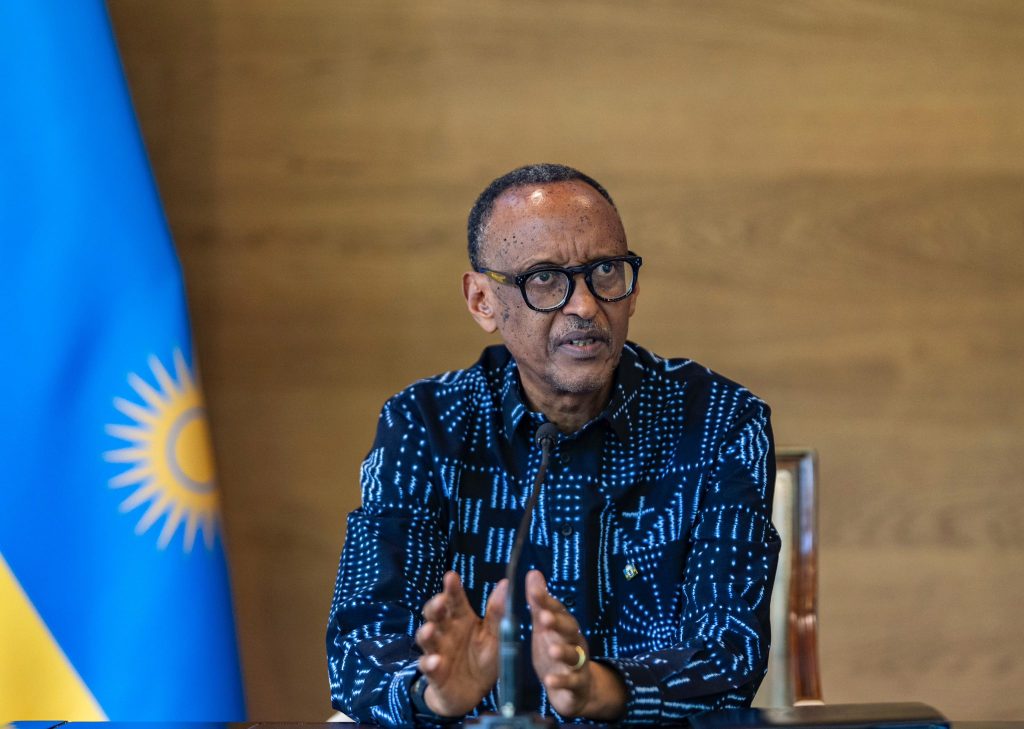The Government of Rwanda has reiterated its commitment to a peace agreement signed with the Democratic Republic of Congo (DRC), emphasizing that its implementation will depend on mutual respect from both parties.
This statement came shortly after Rwandan officials, led by Foreign Minister Olivier Nduhungirehe, returned from a high-level summit in Washington, D.C., held on June 27, 2025.
The summit, which took place in the Oval Office at the White House, marked the signing of a historic peace deal between Rwanda and the DRC, in the presence of U.S. Vice President JD Vance and Secretary of State Marco Rubio.
President Donald Trump formally presented the signed document to DRC’s Foreign Minister, Thérèse Kayikwamba Wagner, as part of what American officials called a “comprehensive strategy” to end decades of instability in the Great Lakes region.
After returning to Kigali, Rwandan authorities, in a press briefing held on July 4, highlighted both optimism and caution. The government made it clear that while Rwanda stands ready to fulfill its obligations under the agreement, continued provocations or failure by the DRC to honor its part of the deal could derail the process.
“We will uphold the commitments we made, as long as the other side does the same,” the Rwandan government stated, emphasizing the importance of sincerity and coordinated action between the two nations. “When one side acts contrary to what was agreed upon, it inevitably affects the other’s ability to comply.”
The statement also addressed broader regional dynamics, particularly the need to address security, political governance, and economic development simultaneously. Rwandan officials commended the Trump administration for recognizing the interconnected nature of these challenges.
“The approach taken by the U.S. administration, focusing not only on economics but also on political and security concerns, offers a more holistic path toward durable peace,” the government spokesperson noted. This contrasted with previous international efforts, which Rwanda criticized for being too narrow in scope.
The peace deal comes amid long-standing tensions between the two countries, with the DRC accusing Rwanda of backing the M23 rebel group, a claim Rwanda has consistently denied, instead accusing the DRC of collaborating with the FDLR, a militia with links to the perpetrators of the 1994 Genocide against the Tutsi.
Despite ongoing mistrust, the agreement represents a significant diplomatic breakthrough, raising cautious hope for the region’s future. As leaders return to their respective capitals, the real test will lie in implementation, and in whether both governments are willing to act in good faith.
